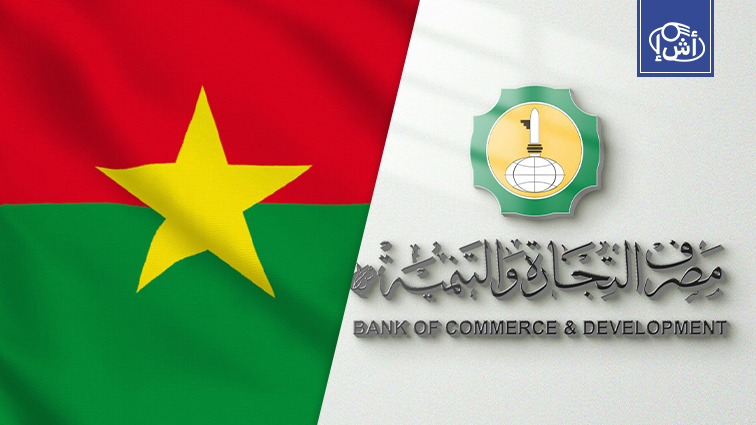The government of Burkina Faso announced the nationalization of the Libyan Arab Bank for Trade and Development, which has been established in partnership with Libya since 1984.
The decision came after a cabinet meeting in Ouagadougou, where Burkina Faso’s government justified its move by wanting to ensure “better governance of the bank”, blaming the Libyan side for the difficulties faced by the financial institution.
The government said in a statement: “After 36 years, the bank has not achieved its desired goals, as it suffers from great difficulties that prevent it from continuing its work properly.”
The government explained in the statement that Libyan support to the bank was insufficient, and only provided its share of social capital, considering that this absence of funding often turned into opposition and conflict between shareholders on various topics, such as the selection of the general manager and structural reforms that Libya constantly opposes to.
The government noted that all initiatives it has taken from capital increase, support in terms of resource mobilization, capital opening, and the provision of resources in the form of shareholder current accounts have been rejected by the Libyan side.
In the face of these difficulties, Burkina Faso, in a note verbale dated December 12, 2023, decided to denounce the Convention establishing the Bank signed on February 6, 1984, and considered that all the provisions contained in the agreement were outdated.
Burkinabe Economy Minister Aboubacar Nkanabo said the Libyan partner did not provide the expected support for the smooth operation of the bank, prompting Burkina Faso to decide to nationalize.
Nkanabo assured clients that the decision to remove the Libyan partner would not affect the bank’s resource management.
It remains unclear whether the outgoing Government of National Unity of Libya has been approached with or without its consent in consultation with the outgoing Government of National Unity.
It is noteworthy that the Libyan delegation headed by the Minister in the unity government in charge of youth, Fathallah Al-Zini, visited Ouagadougou, last February, and during the fifth session of the Grand Joint Committee for Cooperation between Burkina Faso and the State of Libya, the two parties considered the issue of difficulties in the work of the Libyan Arab Bank for Trade and Development.
The France..The Last Colonial Currency in Africa
